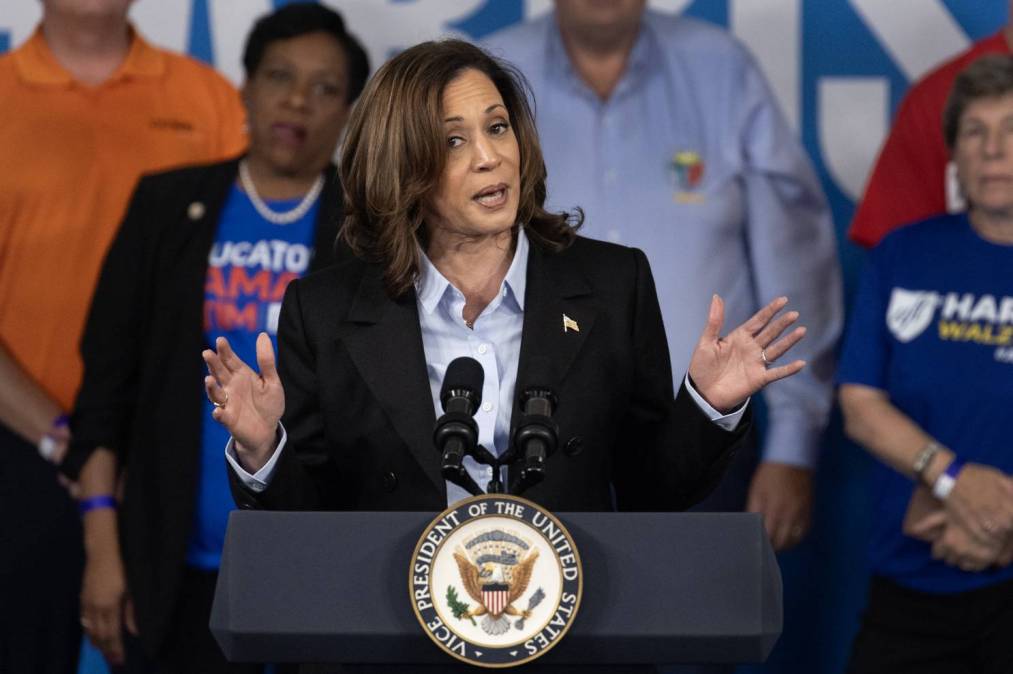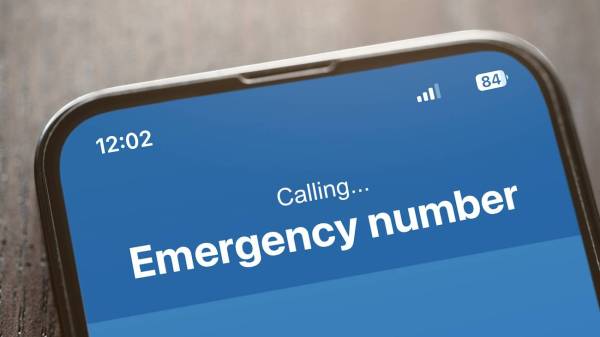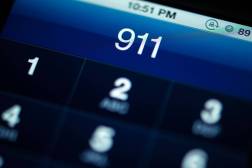Public safety groups urge Harris, Trump campaigns to fund 911 upgrades

Two leading public safety groups on Thursday penned letters to the two main presidential candidates and their running mates, urging them to fund upgrades to the nation’s outdated 911 technology infrastructure.
The public safety advisory firm APCO International and the National Emergency Number Association urged the Democratic and Republican candidates to provide “critical” federal funding for next-generation 911, a digital platform for emergency communications that states and localities are currently pursuing without the aid of federal funding.
In identical letters — drafted for Vice President Kamala Harris and Minnesota Gov. Tim Walz, and Former President Donald Trump and Sen. JD Vance — the public safety advocates point to pending legislation called the Spectrum Auction Reauthorization Act, which would funnel $15 billion from radio spectrum auctions toward the national 911 upgrade effort.
Though the bipartisan legislation appears to have support, similar efforts in Congress have fizzled out in recent years.
“Enactment of NG9-1-1 funding legislation will provide the more than 100,000 9-1-1 professionals across the country with improved situational awareness, resulting in a faster and more efficient response for the members of the public they protect. NG9-1-1 will begin saving lives the moment it is implemented,” the letters read.
NENA and its allies have been pushing for federal support for next-generation 911 upgrades for years, citing the potential of the technology’s new features — such as easier call routing, location sharing between call centers and multimedia integration — and the increasing frequency with which the nation’s decades-old call centers experience outages.
Next-generation 911 is commonly lauded for its flexibility and resilience in the face of disasters, the interconnectivity of the network serving as a safeguard against local outages. The groups claim that such a network would help protect against cyberattacks from nation-state actors, a growing threat for the nation’s critical infrastructure sectors.
“Public expectations far exceed the capabilities of today’s 9-1-1 networks. Despite being the most critical of critical infrastructure, 9-1-1 systems are largely based on 50+ year old technology,” the letter reads. “A member of the public needing emergency assistance is often limited to voice calls and some basic text and cannot share images, video, or other data that would provide real-time actionable information to emergency responders. Further, today’s outdated 9-1-1 systems cannot seamlessly exchange information with each other and are susceptible to outages, cyberattacks, and other vulnerabilities that have adversely impacted the public’s ability to contact 9-1-1 in an emergency.”






